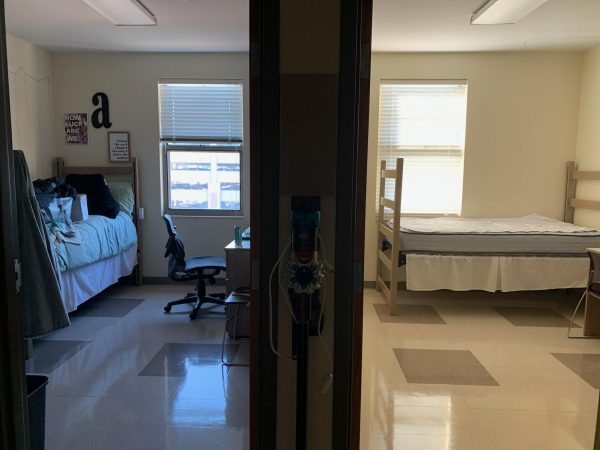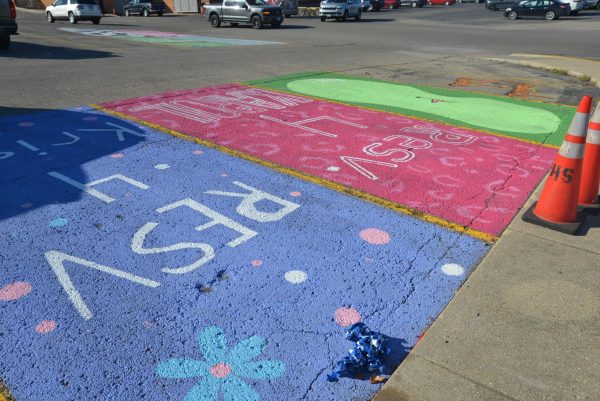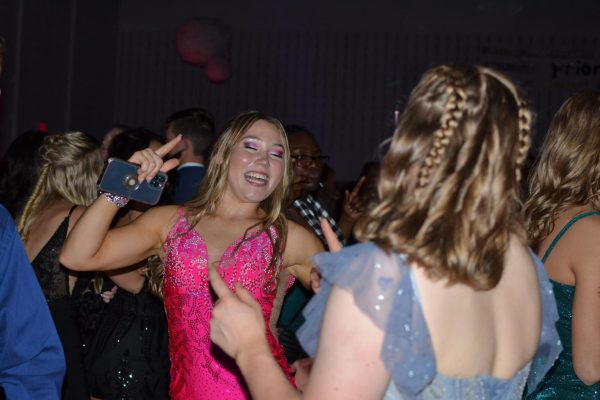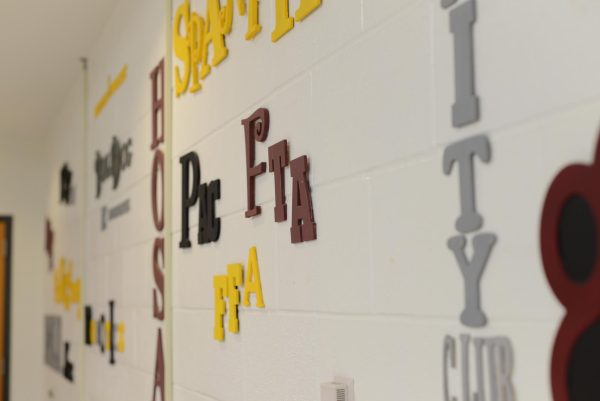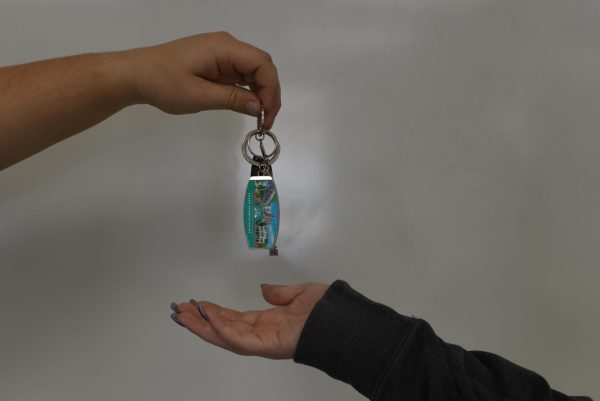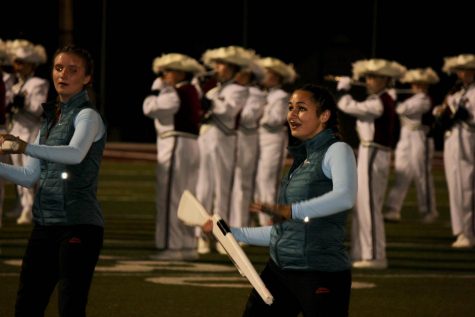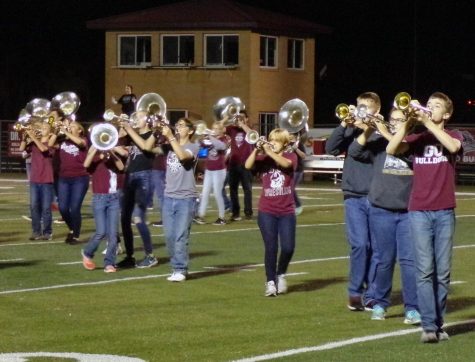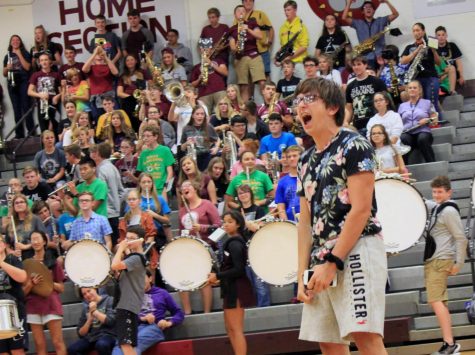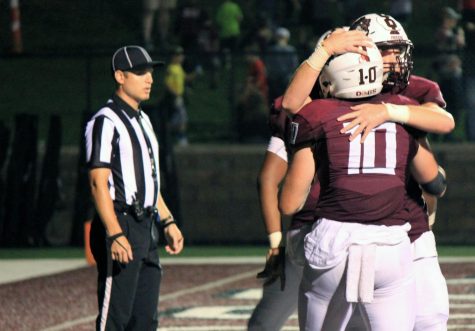Abusive relationships may have a different face in High School
“I guess I just got tired of people telling me to just cut it off, that it was easy. It wasn’t, because I knew he wouldn’t let go that easy. So it was easier to say things were fine, that I was alright, until I could figure out what to do and when to do it. My friends knew it was bad, but never knew exactly how bad until after I broke up with him and I was finally able to come out about some things. I don’t even think I realized how submissive I was until I got a taste of what being without him was like. I was probably more distant than what is normal for me. Constantly on my phone texting him (I was doing something wrong or suspicious if I didn’t answer in a timely manner). Most of my free time was spent with him because he didn’t approve of many of my friends or God forbid I were to hang around another boy. I felt like property. And no one should ever feel that way.”
This is an anonymous interview from a student at Rolla High School. Although some teenagers may only categorize a relationship as abusive if there is physical or sexual abuse, the most commonly seen type of abuse in adolescent relationships is emotional, such as the abuse seen in this story.
“A lot of teenagers in this day and age are dealing with more emotional abuse such as boundary setting and privacy type issues and they are not quite recognizing that being made to dress a certain way in order to attend a party with your significant other constitutes abuse. And then talking with [the teenagers] a lot of them will explain that, ‘Oh yeah, they do that all the time. I didn’t look at it that way. I thought that just because they had a bad day it gave them permission to call me names, put me down, tell me how much I should weigh and what I should eat and things of that nature,’” Koree Claxton-Miller, prevention educator for the Russell House said.
Many times, an abusive relationship in high school starts out great. The abuser is sought after, and is the kind of partner that friends are jealous of and parents love. This is part of the grooming process in abusive relationships, where the abuser gains trust and gets the victim to value their opinion. Slowly, the relationship may begin to change and abuse begins.
“Sometimes, the first time it may be a joke, you get upset and then say something, and then they’re like, ‘Oh I was just kidding it won’t happen again,’ and you let it slide because you like them and you want them to like you. Over time, the name calling continues and you just kind of push it back like, ‘Oh, it’s not really that big of a deal,’ and then it slowly progresses. It’s more hostile, they start isolating you from your friends and family. I’ve seen abusive relationships that have gotten to the extent of one of the partners no longer comes to your house anymore because, ‘Your dad makes me uncomfortable and your mom looks at me funny and your parents don’t like me anyways and they don’t really like you either.’ So slowly they distance you from your family as well. Then when the abuse happens. You have less people to turn to and eventually are relying solely on your partner for moral support and things of that nature because they’ve isolated you from your friends, they’ve isolated you from your family and you don’t think that you have anyone to turn to about them. Thich is part of the abusive process because if I can get you to believe that I’m the only person you can rely on, then you’re not going to leave me because who else are you going to rely on?” Claxton-Miller said.
Teens may be afraid to label their relationship as abusive for fear of how others may perceive them.
“A lot of high school kids are using other words like, ‘Oh, my girlfriend is rude, disrespectful.’ They use derogatory terms instead of actually labeling the relationship for what it is,” Claxton-Miller said.
Adolescent abusive relationships also pose a different set of problems than adult abusive relationships because the teen may be dating without a parent’s consent, or may be in a same sex relationship and hiding it from their friends, so they have other things to hide as well as the fact that their relationship is abusive.
“I think the biggest thing about teen dating violence is the more kids talk about it the more it’ll get noticed. If we quit standing back and being like, ‘Well that’s really none of my business if Katie and Joey are fighting because I don’t really want to get in their business,’ and if we start putting a face to it and calling it out and [they start] challenging their friends who are being disrespectful to their partners, I think it will help quite a bit, and it will also show those who are in an abusive relationship that other people see it’s happening. I think it will help give the person who’s in the relationship a voice and some comfort in knowing that, ‘Well I’m not the only one who notices these actions other people do too,’” Claxton-Miller said.



